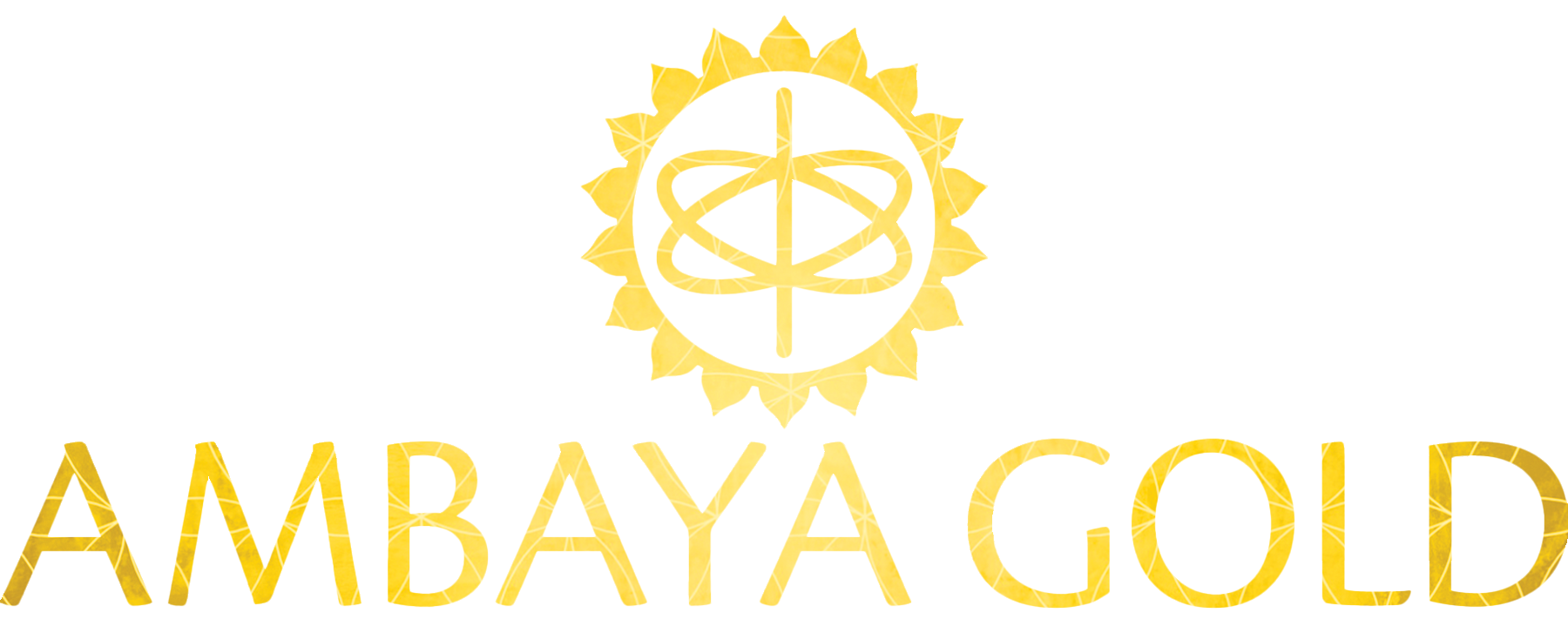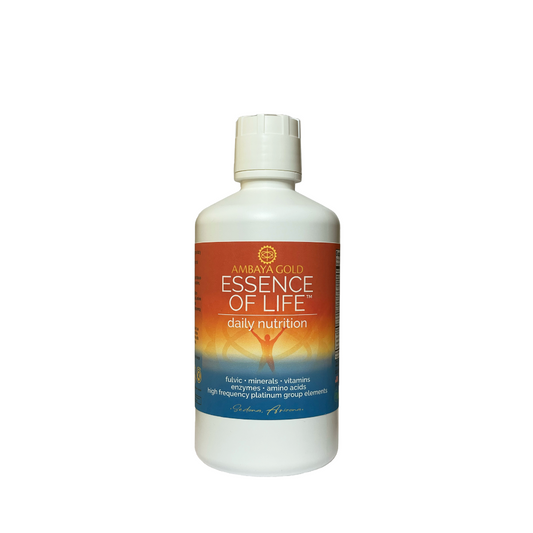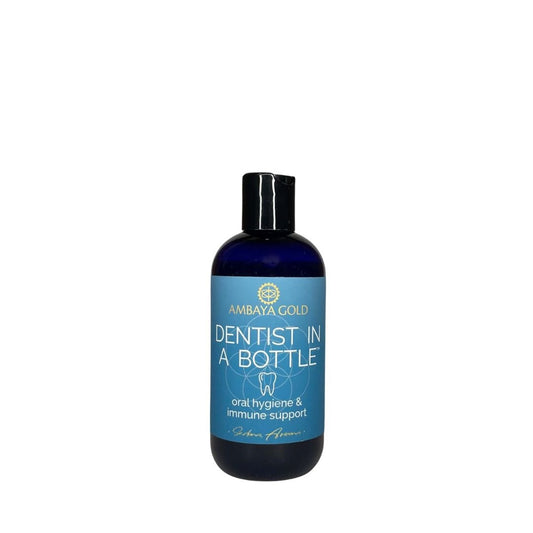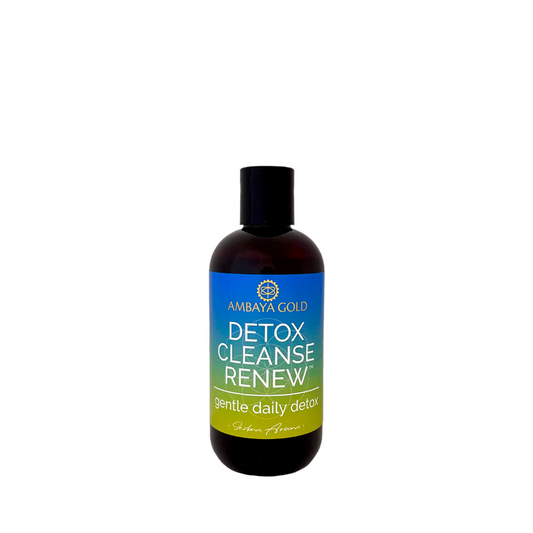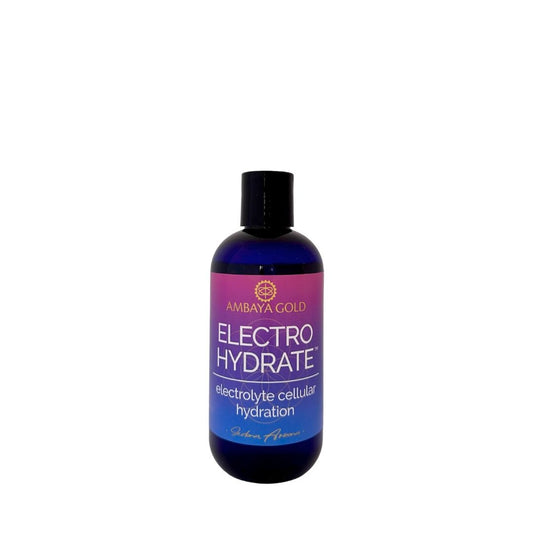In holistic health, herbal remedies, vitamins, and minerals have long been recognized for their ability to support the immune system. Two common terms you might encounter are "immuno-modulator" and "immune-boosting." Although they sound similar, they function in very different ways. Today, we’ll explore what immuno-modulator herbs, vitamins, and minerals are, how they work, and how they differ from immune-boosting options.
What Are Immuno-Modulator Herbs?
Immuno-modulators are herbs that help balance and regulate the immune system. Unlike immune-boosting herbs, which stimulate the immune response, immuno-modulators adapt to your body's needs, either enhancing or calming immune activity based on what’s required. This means they don't over-stimulate the immune system, making them an excellent choice for maintaining long-term immune health or supporting conditions where the immune system is either underactive or overactive.
How Do Immuno-Modulator Herbs Work?
Immuno-modulator herbs work in a bi-directional manner, helping to adjust the immune system to function optimally. When the immune system is weak, these herbs gently enhance its activity. When the immune system is overactive, such as in autoimmune conditions, they help calm it down. This balancing act ensures that the immune system is neither too aggressive nor too sluggish, promoting overall health and resilience.
Examples of Immuno-Modulator Herbs

1. Astragalus (Astragalus membranaceus): Widely used in Traditional Chinese Medicine, astragalus supports the immune system over time, helping the body adapt to stress and resist illness without overstimulation.
2. Reishi Mushroom (Ganoderma lucidum): This medicinal mushroom is considered an adaptogen and immuno-modulator. It helps regulate immune function and is beneficial for individuals with autoimmune conditions or weakened immunity.
3. Turmeric (Curcuma longa): Curcumin, the active compound in turmeric, has potent anti-inflammatory and immuno-modulatory effects, supporting a balanced immune response.
4. Ashwagandha (Withania somnifera): An adaptogenic herb used in Ayurveda, ashwagandha helps modulate the immune system while reducing stress, supporting overall immunity.
5. Holy Basil (Ocimum sanctum): Known as "Tulsi," this adaptogenic herb helps balance immune function and has antioxidant properties that protect the body from stress-induced immune imbalances.
Immuno-Modulator vs. Immune-Boosting Herbs
- Immune-Boosting Herbs: These herbs stimulate the immune system, making them useful when you want to ward off an acute illness or infection. They’re typically taken short-term. Common immune-boosting herbs include echinacea, elderberry, and garlic.
- Immuno-Modulator Herbs: These herbs offer a more balanced approach. They help regulate and stabilize immune function, making them suitable for long-term use. While immune-boosters are like pressing the gas pedal, immuno-modulators act more like cruise control, ensuring your immune system maintains a balanced speed.
Vitamins, Minerals, and Other Elements as Immuno-Modulators

Several vitamins and minerals play a role as immune modulators, helping regulate and balance the immune system. Here’s a look at some of the most important ones:
1. Vitamin D: One of the most potent immune-modulating vitamins. It helps regulate the immune response by enhancing the pathogen-fighting effects of monocytes and macrophages and reducing the risk of inflammatory cytokine production.
- Sources: Sun exposure, fatty fish (e.g., salmon, mackerel), fortified milk, and supplements.
2. Zinc: Essential for immune cell development and communication. It functions as an immuno-modulator by supporting the balance between immune response and inflammation, and deficiency can lead to impaired immune function.
- Sources: Meat, shellfish, legumes, seeds, nuts, and whole grains.
3. Vitamin A: Supports the health of the skin and mucous membranes, which are the body’s first line of defense. It also plays a role in regulating immune responses, particularly by influencing the activity of T-cells, which are critical for immune function.
- Sources: Carrots, sweet potatoes, spinach, and liver.
4. Selenium: A trace mineral that acts as an antioxidant, helping protect immune cells from damage. It also supports a balanced immune response and enhances the body's ability to fight infections.
- Sources: Brazil nuts, seafood, eggs, and whole grains.

5. Omega-3 Fatty Acids: While not technically a vitamin or mineral, omega-3 fatty acids are crucial for modulating immune function. They help regulate inflammation, ensuring that the immune response is appropriate and not excessive.
- Sources: Fatty fish (e.g., salmon, sardines), flaxseeds, chia seeds, and walnuts.
6. Vitamin E: As a powerful antioxidant, vitamin E helps modulate immune function by protecting immune cells from oxidative damage and supporting T-cell activity.
- Nuts, seeds, spinach, and broccoli.
7. Magnesium: Plays a role in over 300 biochemical reactions in the body, including immune regulation. It helps manage inflammation and supports the activity of immune cells.
- Sources: Leafy greens, nuts, seeds, whole grains, and legumes.
8. Vitamin C: A well-known for supporting the immune system, but it also acts as an immune modulator by enhancing the activity of certain immune cells while reducing excessive inflammation.
- Sources: Citrus fruits, bell peppers, strawberries, and broccoli.
9. Fulvic Acid: Often considered an immuno-modulator. It can enhance the body’s immune response while also regulating inflammation, making it adaptive to the body's needs.
- Sources: Our high-quality, natural, liquid supplements!
Why Choose Immuno-Modulators?
Immuno-modulators are ideal for maintaining wellness over time, supporting conditions of immune imbalance (such as autoimmune issues or constant infection), and providing gentle, ongoing immune support without overstimulation. They are especially helpful for people who experience frequent infections or have overactive immune responses.
It’s important to note that while immuno-modulator herbs, vitamins, and minerals can support your immune health, always consult with a healthcare professional before adding herbal supplements or vitamins to your routine, especially if you have a pre-existing condition or are taking medication.
Immuno-modulators offer a holistic, balanced approach to immune support, helping your body adapt and respond to whatever challenges come its way. Whether through herbs, vitamins, or minerals, this approach can provide gentle yet effective benefits that align with the body’s natural processes. If you’re looking for sustained immune health, incorporating immuno-modulators into your daily wellness routine may be an excellent choice.
Sources:
1. American Botanical Council - Astragalus (https://www.herbalgram.org)
2. National Center for Complementary and Integrative Health - Reishi Mushroom (https://www.nccih.nih.gov)
3. National Institutes of Health - Curcumin (https://www.ncbi.nlm.nih.gov)
4. Herbal Academy - Ashwagandha (https://theherbalacademy.com)
5. Mount Sinai - Holy Basil (https://www.mountsinai.org)
